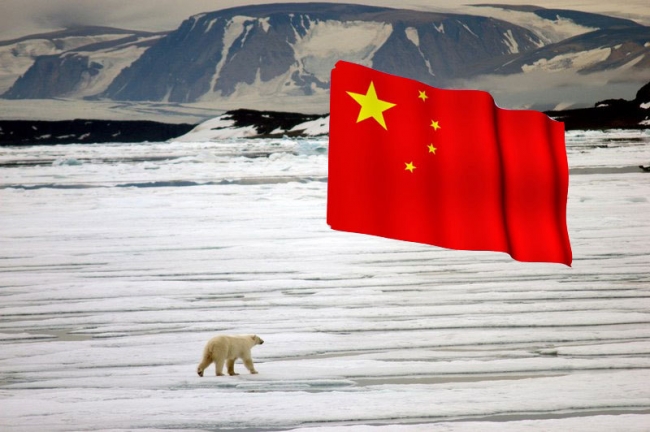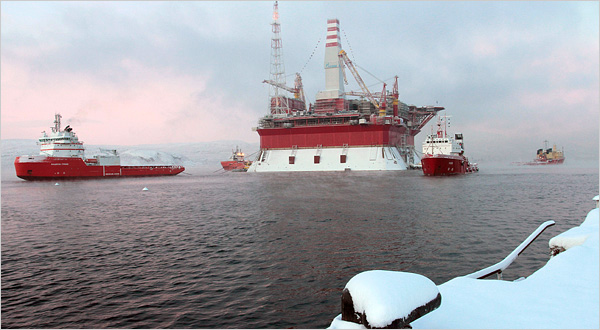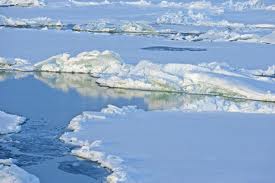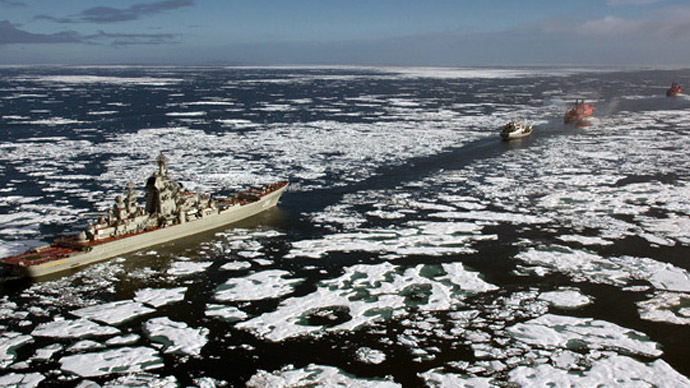Talking about the Arctic these days is not productive without considering the influence of the century’s emerging powers, the most notable of which is China. The country’s dramatic growth over the last two generations is set to carry it to becoming the world’s largest economy in a matter of years, and paying attention to how China engages in the Arctic is useful in analyzing its foreign policy strategy. As an expanding economy with a strategic need for raw materials and energy, the Arctic is becoming an important priority for China, as evidenced by its deepening partnership with Russia and its own forays into research, investment and governance of the region.
We are taught that politics is a function of economics, but in the real world, the case is different – at times, economics are a function of politics. Geopolitical events and policy decisions can have a foundational role in how economic dynamics play out: be it the conclusion of Fed ‘s Quantitative Easing (QE) to provide cheap capital, which evaporated liquidity from emerging markets, or the exchange of sanctions with Russia, which had political motivations, but has business costs for all involved. These geopolitical events have rearranged commercial relations, with the main one being the deepening of the Sino-Russian oil and gas relationship.
China has a highly diversified foreign policy, engaging different parts of the world in an egalitarian manner – from a free trade agreement with Canada, to building factories in Europe, investing in African resources and partnering with Arctic countries for polar research and development. Effectively, China has a well-developed business aspect to its foreign policy that it uses to foster political relations.
The inking of a $400 bn gas agreement with Russia earlier this year and the intended framework for a second such agreement indicates that China is ensuring the security of its strategic resource supply, much of which comes by precarious shipping lanes and volatile parts of the Middle East. The first contract will supply China’s northeastern provinces, while the second will potentially run into western China, but falling oil and gas prices will impact the turnout of negotiations.
Russia will invest in Arctic development to meet its obligations as a supplier to the Chinese market. Potential cooperation between CNOOC (China National Offshore Oil Corporation) and Russian state-owned companies Rosneft and Gazprom will find reflection in the development of Siberian oil fields; one examples is a proposed cooperative effort on the Dolginskoye in the Pechora Sea, in northwest Russia, between Gazprom Neft and an as of yet, unnamed partner from Asia, according to an update from the Alaska Dispatch News.
China is also investing in Svalbard, a Norwegian archipelago in the Arctic Ocean, where Beijing already runs a research station. Earlier this year, a Chinese businessman, Huang Nubo, attempted to buy 217 km2 of land, aiming to develop a tourist resort in the area, but was blocked by the Norwegian government in this attempt. However, it is yet more evidence for the marriage between China’s commercial power and its strategic interests.
Greenland’s mining sector is another target for potential Chinese investment, because of its sparse population, lack of infrastructure and vast mineral resources. Already, 3000 Chinese workers from the Sichuan Xinye Mining Investment Company are set to do the work on developing an iron-ore mine, known as the Isua project. Greenland also holds the largest rare earth deposits outside of China and can become instrumental in diversifying a market, where China has the dominant role as a supplier.
This brief survey of China’s activities in the Arctic reveals a foreign policy that combines business pragmatism with Beijing’s strategic interests. Deepening relations with Russia for large-scale resource supply offers greater security in providing strategic commodities. The stability of the Middle East, tensions in SE Asia and the Pacific theatre remain difficult to predict, which would increase the strategic value of the Arctic’s geopolitical stability for China over time.
China’s involvement in the Arctic will bring it political gravitas too, as far as decision-making in the region is concerned. The fact will find reflection in the Arctic Council, where the intensification of trade and transportation could lead to reforms to reflect the growing sophistication of regional relations. Further, trade in the Arctic may increasingly happen outside the scope of the US Dollar, which will raise questions about the influence of the yuan in international trade flows.
The Arctic is becoming more interesting and dynamic, a process hastened with climate change and retreating ice. China’s growing influence in the Arctic is about a strategic foreign policy with a business sense, and to understand it is the first step to engaging it effectively.




